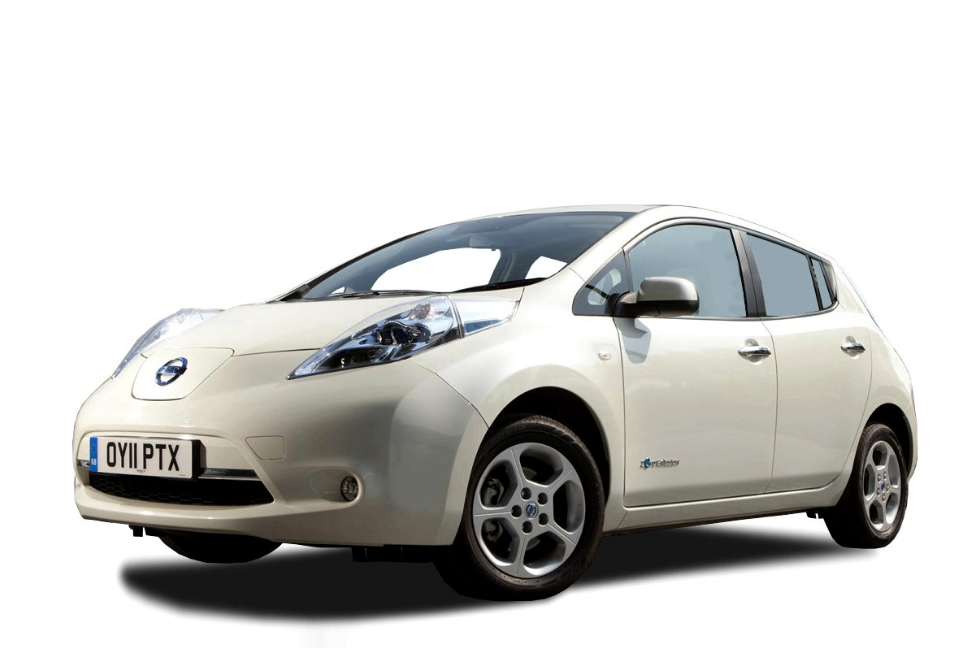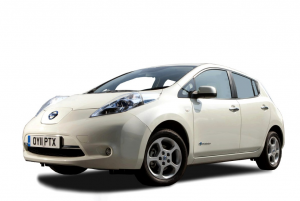
Nissan developed a breakthrough in battery technology

Nissan has developed a “breakthrough” in battery technology for an affordable electric car that can travel up to 400 miles using a single charge. The Japanese company is pioneering a range of 100 percent cars and vans that offer top class performance and cutting edge technology. Nissan’s current electric leaf car can only travel a limited distance of 150 miles on one charge. Customer appetite for pure electric cars is limited and accounted for less than 1 percent of total car sales last year, as opposed to hybrid vehicles. Running of charge on the road and infrastructure for charging bay station across the country is the primary reason among consumers reluctant to adopt to electrical only vehicles. Nissan said it is using a sodium compound within the battery instead of a carbon one could help it increase the energy density in standard lithium-ion battery – by up to 160 percent, as the current batteries have 4000-watt hours per litre.
Under the new research plans, the battery energy could increase to 1000Wh/L by 2020 and could see the distance car could travel to 500 miles per full charge, without needing to be charged. The chemical structure of the needed compound of amorphous sodium monoxide is difficult to recreate, making the compound impossible to regenerate.
General Motors and Tesla are working on a mass market affordable electric car with a range of more than 250 miles from a full charge and BMW’s first fully electric car the i3, has a range of about 100 miles.
Nissan has essentially teamed with Tohoku University and two other Japanese institutes to develop a new way of studying the structure which will allow them to reproduce the compound. They are working to make battery packs leaner and lighter. The cars would have different driving modes, remote charging and the ability to control the air conditioning before you even get in, so you can manage and maximise your driving experience.
